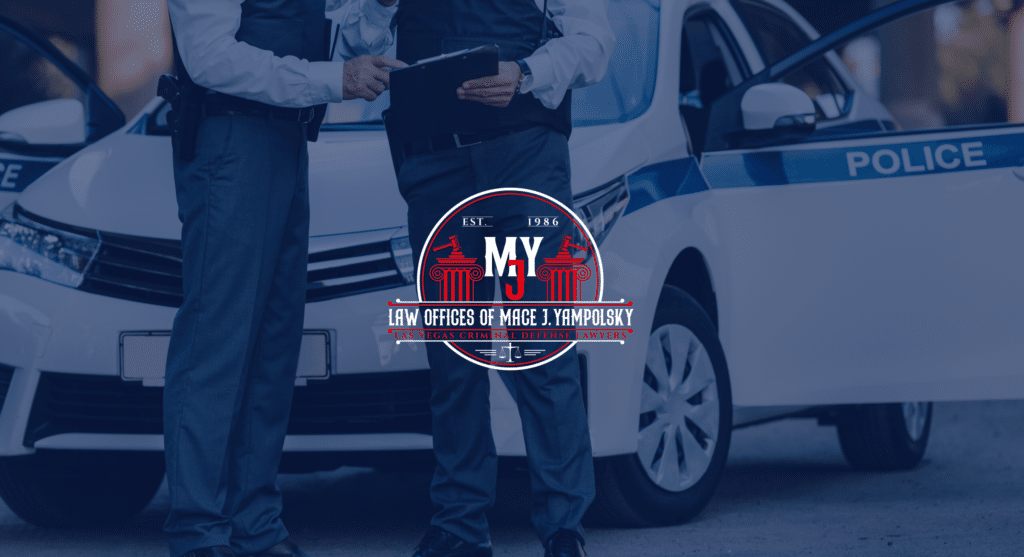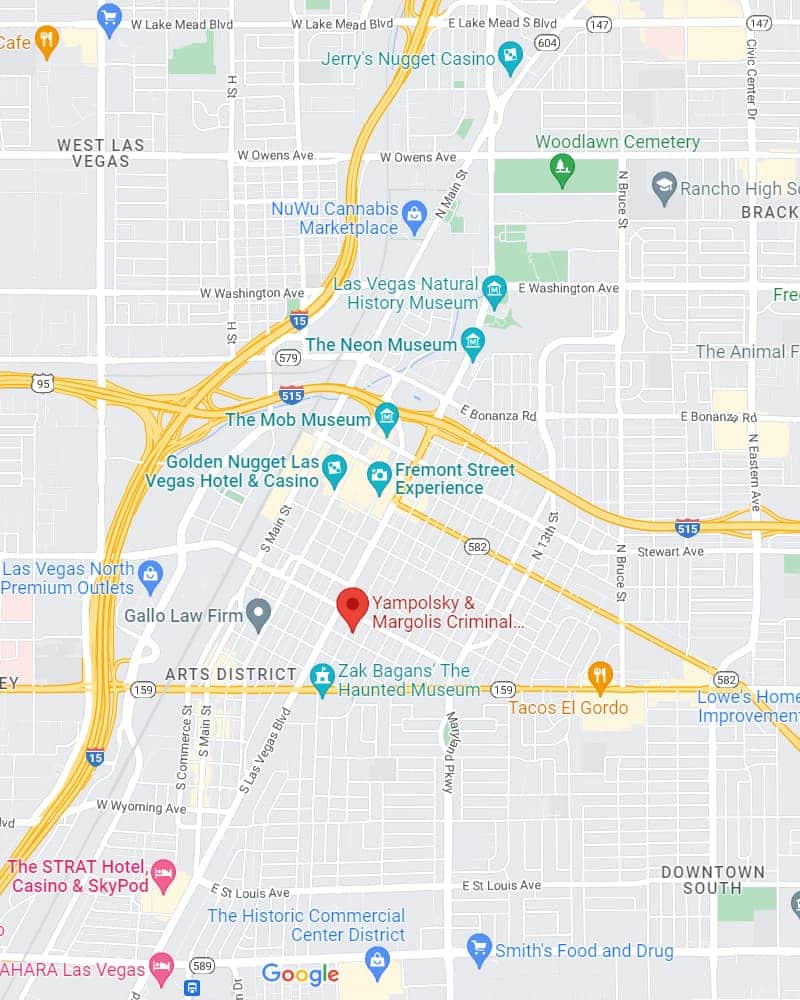Are you facing an investigation for Paycheck Protection Program (PPP) loan fraud? Here are the charges that could be on the table.
Federal authorities are aggressively targeting individuals and companies for Paycheck Protection Program (PPP) loan fraud. Launched in March 2020 in response to the economic uncertainty triggered by the novel coronavirus (COVID-19) pandemic, the PPP made hundreds of millions of dollars in federal funding available to struggling businesses. Loans issued under the PPP carry a 1% interest rate, but the loans are entirely forgivable if certain conditions are met.
The low-cost (and potentially free) funds offered under the PPP have proven to be attractive not only to struggling businesses, but to larger companies and scam artists as well. This has led to concern of widespread fraud (and a few highly-publicized cases of fraudulent PPP loan applications), and it has forced various federal agencies to turn their attention to combatting PPP loan fraud.
At present, the U.S. Department of Justice (DOJ), Federal Bureau of Investigation (FBI), Internal Revenue Service (IRS), and U.S. Small Business Administration Office of Inspector General (SBA-OIG) are all actively conducting investigations under the PPP. These investigations are leading to a multitude of federal charges, and company owners, corporate executives, and other individuals accused of PPP loan fraud are facing enormous fines and the potential for decades of federal imprisonment
Watch Out: Employees Are Turning In Their Employers For PPP Loan Fraud
For company owners and executives who are concerned about the accuracy of their PPP loan applications, one thing they cannot do is simply ignore the issue. The U.S. Small Business Administration (SBA) is encouraging employees to come forward with information about PPP loan application fraud, and many whistleblower claims have already been filed. By filing whistleblower claims, employees can receive up to 30 percent of the amount the government recovers, and this provides a significant incentive for individuals to report instances of suspected fraud.
What constitutes PPP loan application fraud? Employees can file whistleblower claims based on a broad range of allegations. Some examples of false and fraudulent statements that can lead to federal prosecution for companies (and their owners and executives) include:
- Misrepresentation of number of employees
- Misrepresentation of qualification as a “small business concern”
- Misrepresentation of needed loan amount
- Misrepresentation of corporate affiliations
- Falsely stating that no prior PPP loans have been received
- Falsely certifying that the need for a loan results from the economic conditions caused by the COVID-19 crisis





